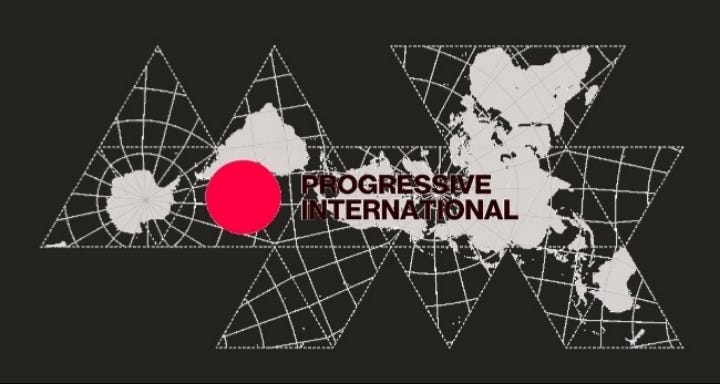In 2009, a US-backed coup overthrew the progressive government of Honduras. Then a procession of pro-US, pro-oligarchy presidents did what pro-US, pro-oligarchy presidents do: create tax loopholes and corporate giveaways.
The results were predictably terrible. In the period 2010 to 2023, these tax loopholes and exemptions cost the Honduran treasury more than the country’s entire national public debt. According to official statistics, Honduran national public debt stood at $16.6 billion at the close of 2023. It is estimated that the value lost to the treasury from tax exemptions and loopholes granted between 2010 and 2023 is over $20 billion.
Honduras’ tax code, coupled with banking secrecy and opaque systems of masking beneficial ownership, wasn’t just limiting the Honduran tax take, but those of other countries, as Honduras was on the path to being labelled a tax haven by the OECD.
But justice caught up with the leaders of the Honduran oligarchy, both literally and figuratively. Juan Orlando Hernández, a former president of Honduras, now lives in disgrace in a US federal prison, serving a 45 year sentence for enabling drug traffickers to use his military and national police force to help ship tons of cocaine into the United States.
In 2022, a new progressive president, Xiomara Castro took office. Part of her agenda was to tackle the tax system.
Now she’s doing it, with a Tax Justice Law, set to be debated in Congress next week.
The Law clamps down on the injustice in the tax system through a series of measures including:
Instituting the progressive principle that those with more should pay more;
Closing tax loopholes that permitted large-scale corporate tax avoidance;
Assessing global, not just national, profits to end corporate profit shifting;
Taxing corporate and individual income received from abroad;
Ending banking secrecy for tax matters;
Making beneficial owners of corporations liable for taxation;
Ratifying the OECD’s Convention on Mutual Administrative Assistance in Tax Matters.
The plan was endorsed by 85 leading global economists, in a letter coordinated by the Progressive International published this week. The economists argue that the Honduran government’s proposed reforms would be “critical for reducing inequality in Honduras, supporting social and economic development and closing pervasive tax loopholes that undermine tax revenues.”
The signatories brought together by the Progressive International include significant figures in the economics profession such as award-winning Indian development economist Jayati Ghosh, US American Joseph Stiglitz, winner of the Nobel Prize for Economics and former chief economist to the World Bank, José Antonio Ocampo, former Colombian finance minister and former United Nations Under Secretary General for Economic and Social Affairs, French economist and Director of the EU Tax Observatory Gabriel Zucman, US American Jeffrey Sachs, who was called “probably the most important economist in the world” by the New York Times, Chilean Gabriel Palma, father of the Palma Ratio of inequality, Greek economist and former finance minister, Yanis Varoufakis, award-winning British economist Ann Pettifor, known for predicting the 2008 financial crisis, and renowned US American economist James K Galbraith.
The economists argue these reforms are a “robust package” that is “likely to raise revenue for the Honduran state without increasing tax rates or creating new taxes.”
Honduras’ proposed Tax Justice Law has significance beyond the country’s borders. The economists argue that the law “strikes a blow against the global tax haven regime and banking secrecy industry, setting an example to other countries whose tax jurisdictions are currently used to undermine the tax takes of other states through facilitating tax dodging.”
The Law, they write, sets “an example of how states can assert sovereignty through taking action against tax injustice individually and collectively.”
In solidarity,



